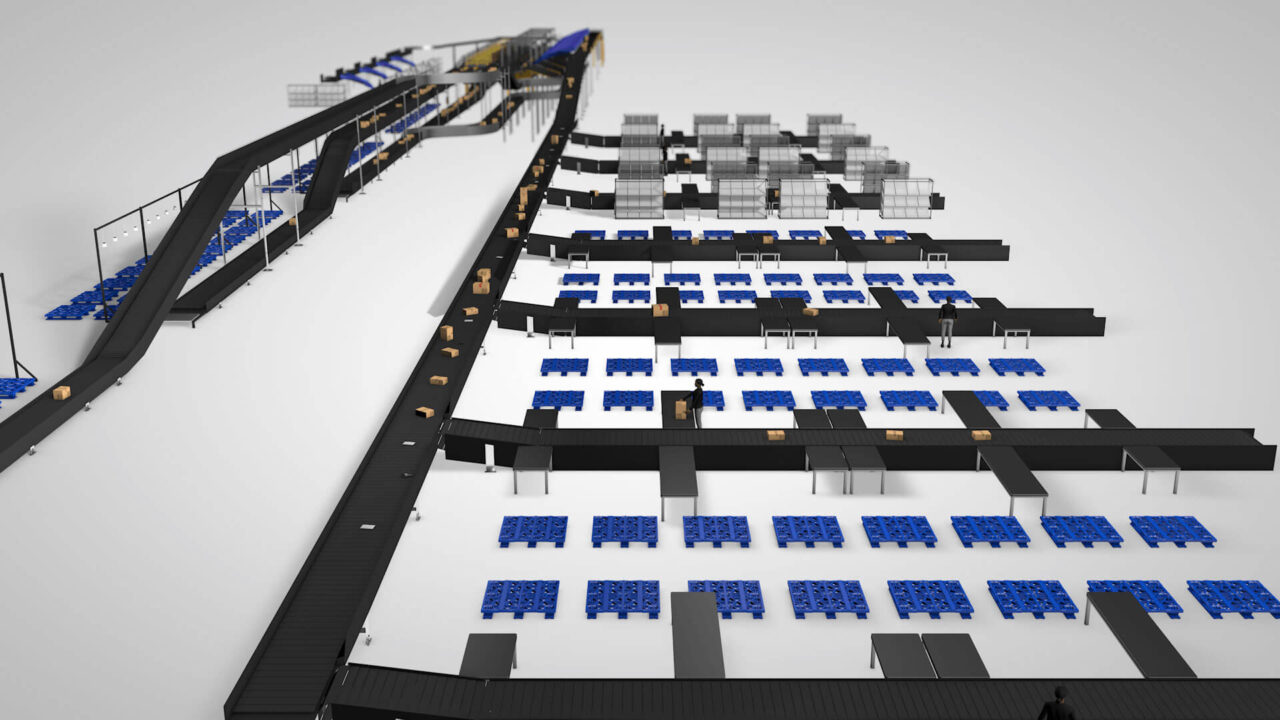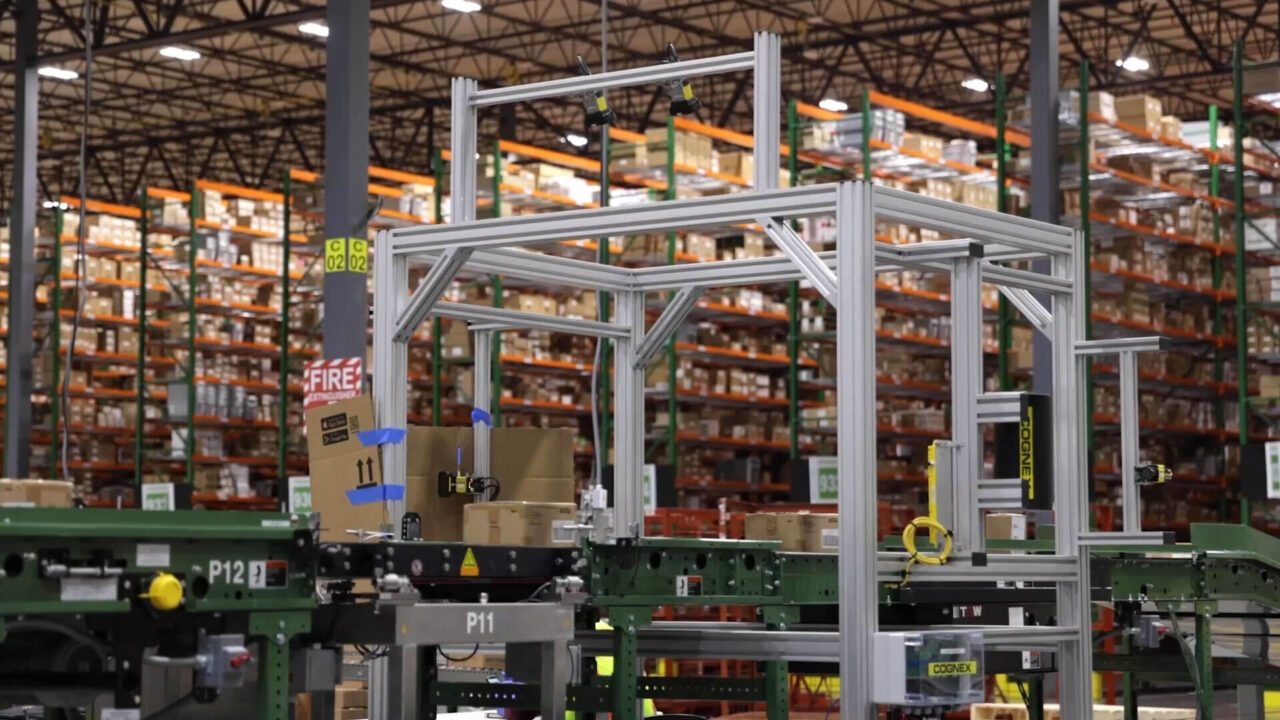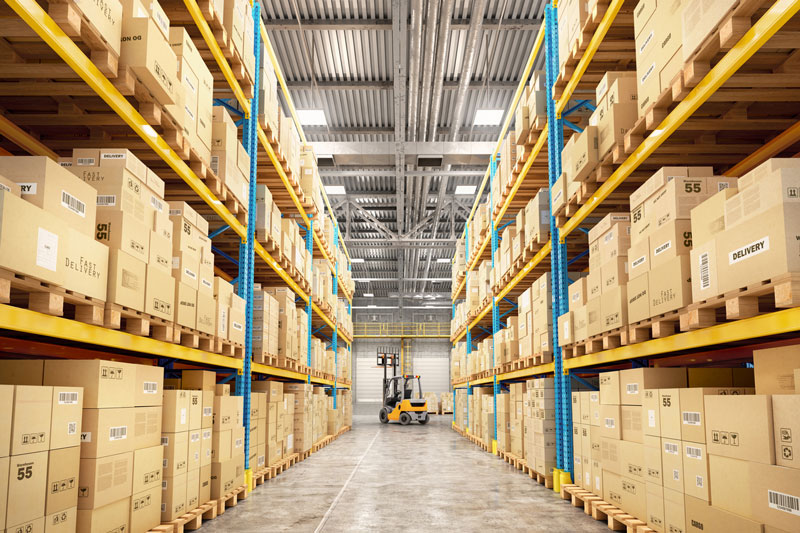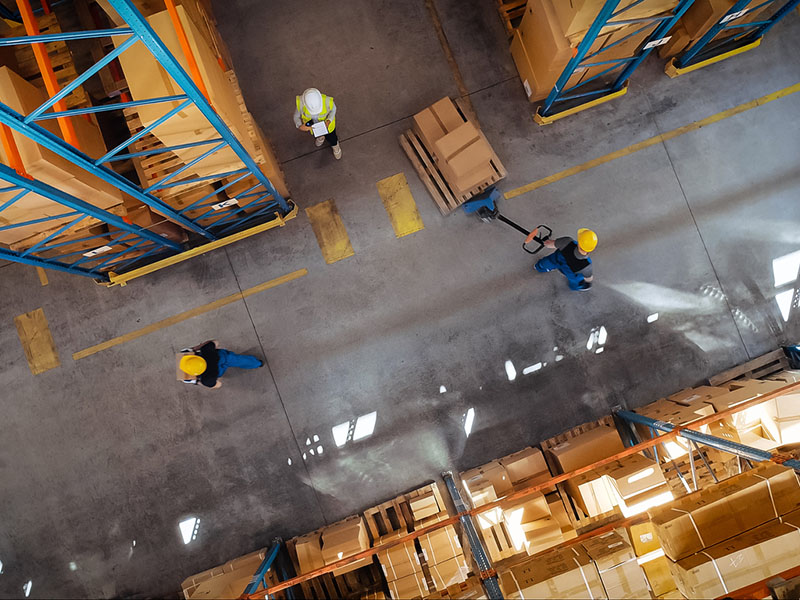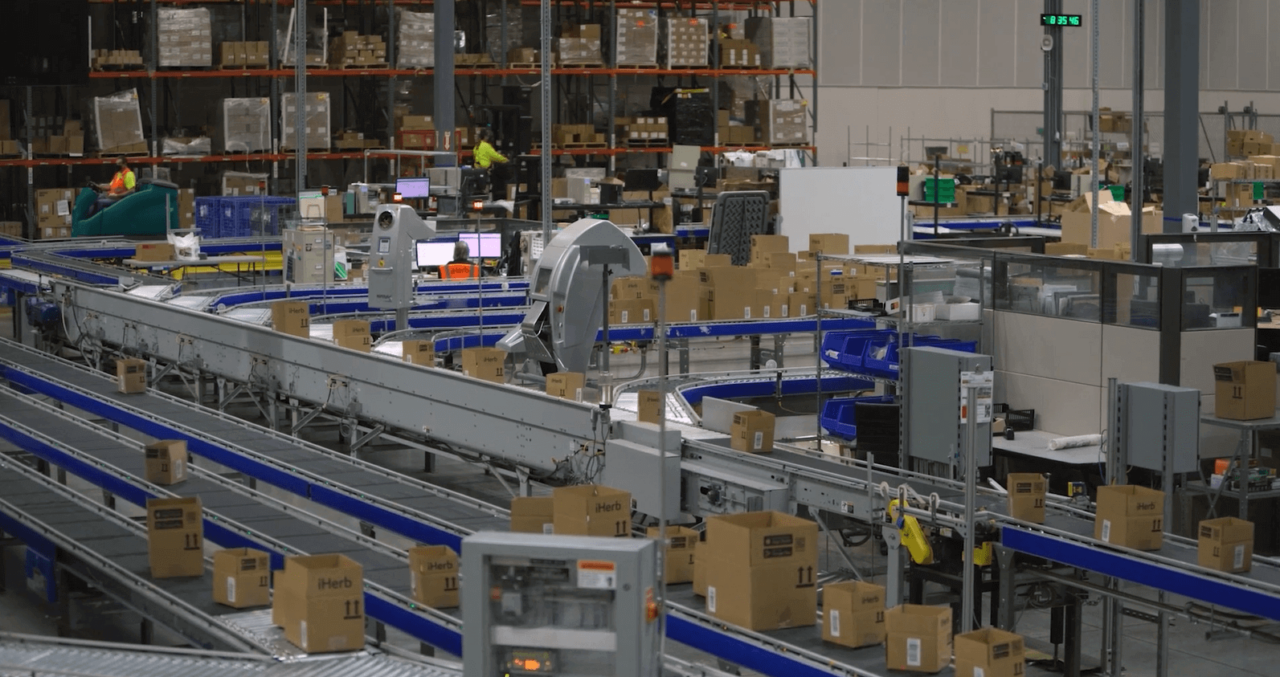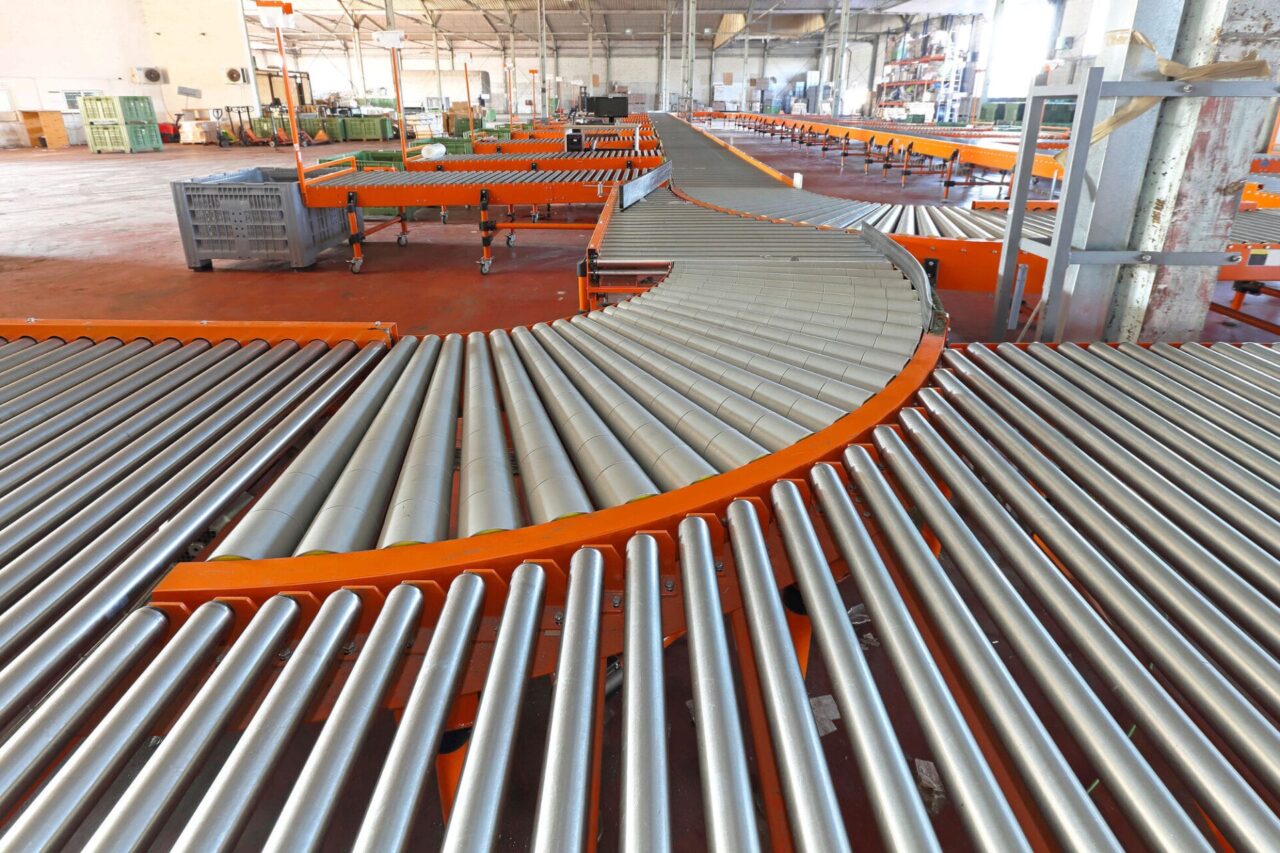Conveyor systems have a lot of moving parts. A problem in one section can cause a malfunction in another section and before you know it, you have a situation on your hands. Staying on top of proper maintenance routines will help avoid time lost due to malfunction. And time lost means loss of productivity and money, which we obviously want to avoid.
But what should you pay attention to? What kind of maintenance will help avoid massive costly repairs down the road? There are a handful of things you can do to set yourself up for success.
Here are our top maintenance tips for your conveyor systems.
Keep Up With Preventative Maintenance
The best thing you can do for your conveyor systems is to address any potential problems before they happen. Putting together a preventative maintenance plan gives you the best chance at accomplishing this.
All systems will have different needs when it comes to preventative maintenance. However, there are some general issues that can be addressed no matter what your specific needs are for your conveyor systems.
For instance, all systems will have bearings that should be lubricated. These contribute to a smooth-running system. Lubrication will diminish wear on parts and save you frequent replacements.
Along those lines, you should make sure your belt conveyors are properly tracked. Anything running slightly out of line can eventually become a large problem.
Frequent Inspections
The best way to know what needs your attention is by frequently checking the various sections of your conveyor systems for malfunctions, excessive wear, or anything that can result in an eventual need for repairs or replacements.
These inspections can save a lot of money. Detecting a problem before it has a chance to grow is a massive asset. However, you shouldn’t rely on the everyday operators of these systems to notice these small problems. They are focused on completing their work. They are not concerned with the general operation of the conveyor systems.
Specific time needs to be set aside to inspect the various aspects of the conveyor systems in order to properly check it for issues.
Hold on to Spare Parts
Every machine creates wear on its necessary sections until they need to be replaced. This is simply the nature of industrial equipment. Spare parts from a separate repair can be extremely handy should another problem arise.
There can occasionally be some fairly long wait times when it comes to receiving replacement parts. And these wait times translate to lost time and lost productivity.
Having a spare part on hand can save you a lot of down time. So find a place to store any extra parts and keep them organized. You never know when they might save you a lot of time.
Keep Your Conveyor Systems Clean
Clean systems run more smoothly. This is true for any machine in the world. And when it comes to conveyor systems, this can help you avoid unnecessary wear and the potential for malfunctioning units.
Foreign objects can occasionally find their way into a conveyor system. This can result in the belt slipping off track, which makes the motor work harder because the system isn’t as fluid, which can lead to overworking the motor.
This is one example of how an unclean system can lead to larger problems, but it is far from the only example. Proper cleaning procedures will avoid these circumstances.
Keep a Log of Repairs
Information is power. The more you know about your system, the better you can address any potential issues. Keep a record of all repairs, maintenance, and replacements made on your conveyor systems. This includes the date it was performed, the reason for the repair, and the action taken to rectify it.
This gives you a full picture of the health of your systems. It affords you the opportunity to recognize a pattern of malfunctions, should it exist. You can use this log to diagnose problems as they come up. It also gives your coworkers a roadmap for how to address a specific issue should it happen again.
Recognize Obsolete Parts
These systems are constantly being updated. Some establishments have been using their systems for a long time. And the older the system, the greater chance it has of becoming obsolete.
Older systems need replacements just like any other system, but it can be more difficult to find the needed spare parts. It’s in your best interest to have all the information you need, which includes a realistic view of how difficult it will be to repair your conveyor systems. You can decide if you want to upgrade to a newer system if you find your system to be obsolete. If not, it would be wise to round up as many spare parts for your system as possible.
